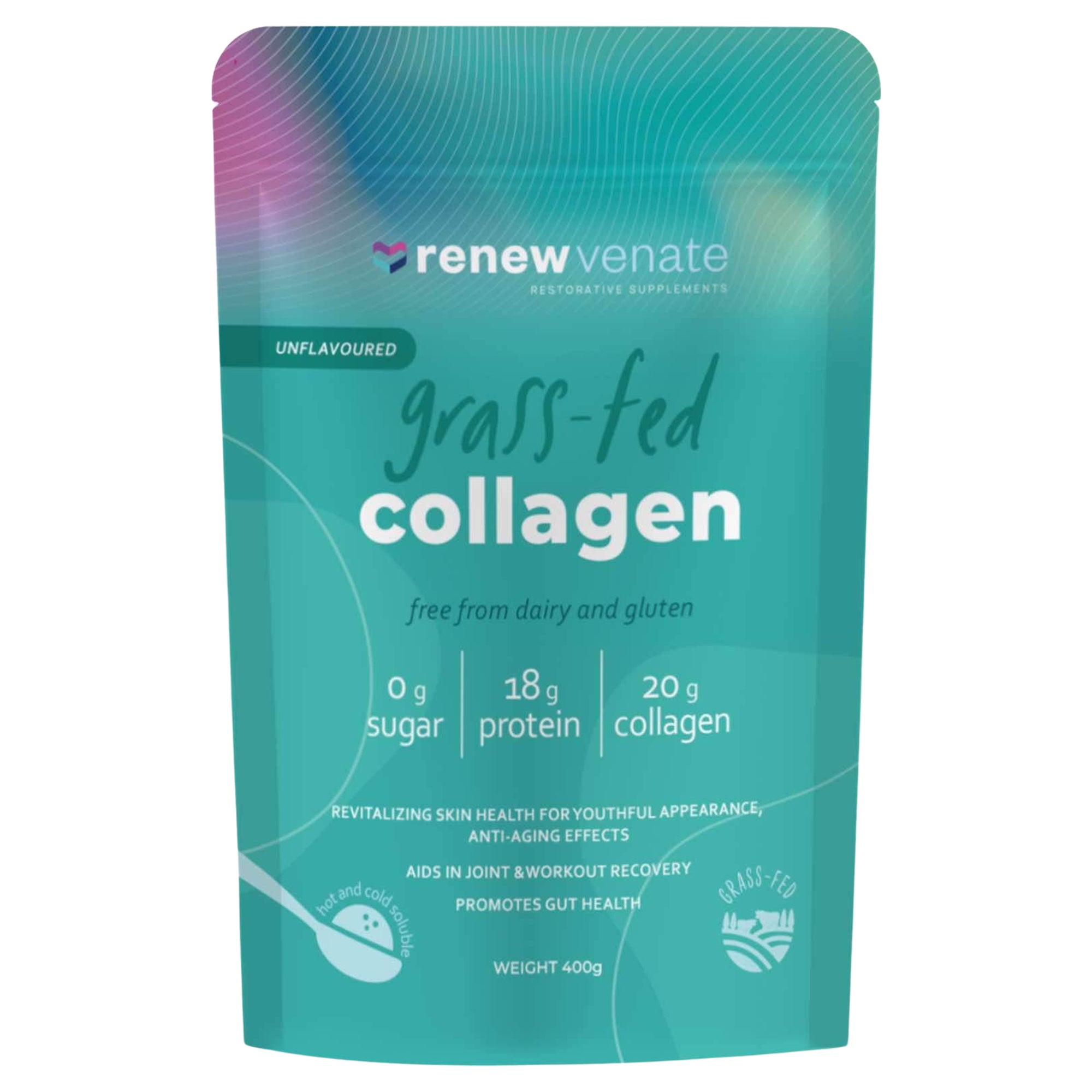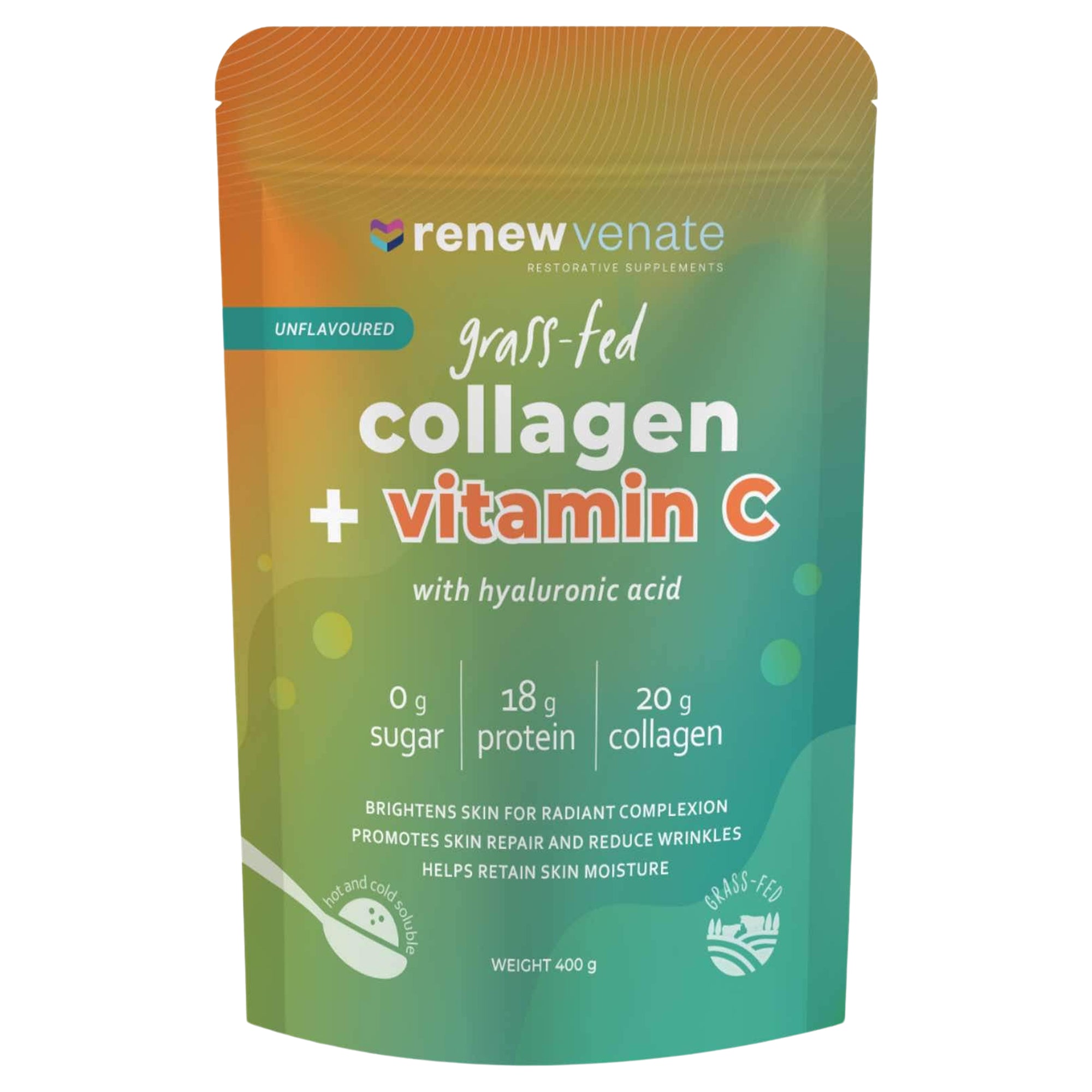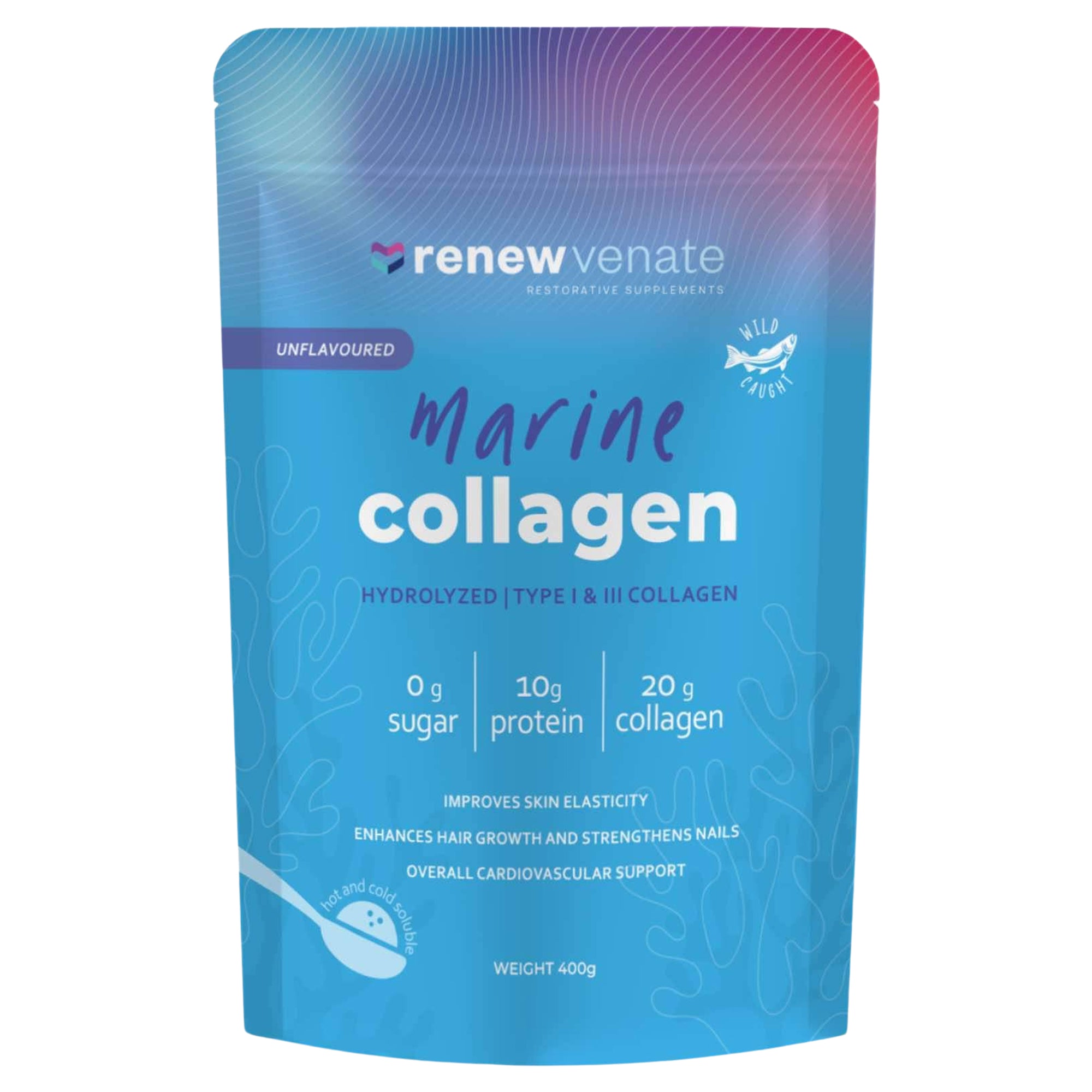Struggling with thinning hair or looking for a natural boost in your hair care routine? The answer might lie in collagen. Known for its role in skin elasticity and joint health, collagen is now gaining traction for its potential benefits in hair health. In this article, we’ll explore how collagen for hair growth works, why it’s effective, and how to integrate it into your wellness routine for stronger, thicker strands.
What Is Collagen and Why Does It Matter for Hair?
Collagen is the most abundant protein in the human body, providing structure to skin, bones, and connective tissues—including the scalp. As we age, our natural collagen production declines, which can impact the health of our hair follicles and contribute to hair thinning or loss.
When you supplement with collagen for hair growth, you’re supporting the body’s ability to repair and maintain these structures, potentially leading to improved hair thickness and strength.
The Science Behind Collagen for Hair Growth
Hair is made primarily of keratin, a protein that your body produces using several amino acids. Collagen contains proline, one of the main amino acids needed to build keratin. By increasing collagen intake, you may indirectly support the body’s natural ability to grow healthier hair.
In addition, collagen acts as an antioxidant, helping fight damage caused by free radicals that can affect hair follicles. This dual role of structural support and oxidative defense makes collagen for hair growth a compelling addition to your beauty regimen.
Key Benefits of Collagen for Hair Health
1. Strengthens Hair Follicles
By reinforcing the dermis layer where hair follicles are rooted, collagen promotes a healthier environment for hair to grow.
2. Improves Scalp Elasticity and Hydration
A well-hydrated, elastic scalp is crucial for follicle health. Collagen enhances skin elasticity, which can reduce hair breakage and improve scalp condition.
3. Delays Hair Thinning with Age
As collagen production declines with age, supplementing helps maintain the structure of hair follicles and can slow down age-related hair thinning.
4. Protects Against Hair Follicle Damage
Collagen’s antioxidant properties neutralize free radicals, helping to prevent damage that could lead to hair loss or weak strands.
Best Sources of Collagen for Hair Growth
1. Hydrolyzed Collagen Supplements
These are broken down into peptides for better absorption. Look for marine collagen or bovine collagen peptides labeled for beauty or hair support.
2. Bone Broth
Rich in naturally occurring collagen, bone broth is an excellent whole-food source that supports skin and hair health.
3. Collagen-Boosting Foods
Include foods high in vitamin C (like berries and citrus) and zinc (like nuts and seeds) to naturally boost your body’s collagen production.
How to Use Collagen for Hair Growth
-
Daily Dosage: 5–10 grams of hydrolyzed collagen per day is generally recommended for skin and hair benefits.
-
Timing: Take collagen on an empty stomach or with vitamin C to improve absorption.
-
Consistency: Visible results often appear after 8–12 weeks of daily supplementation.
Who Should Consider Collagen for Hair Growth?
-
People experiencing hair thinning or hair loss
-
Individuals over 30, when collagen levels start to decline
-
Those with nutrient-deficient diets or high oxidative stress
Potential Side Effects and Considerations
Collagen supplements are generally safe for most people, but always check the label for allergens (like fish or eggs) and consult a healthcare provider if you have existing conditions.
Final Thoughts on Collagen for Hair Growth
Using collagen for hair growth isn't just a beauty trend—it’s a science-backed approach to achieving stronger, thicker, and healthier hair. By supporting your body from the inside out, collagen can play a key role in maintaining vibrant hair as you age. Whether you opt for supplements, bone broth, or collagen-rich foods, consistency is the key to seeing long-term benefits.











